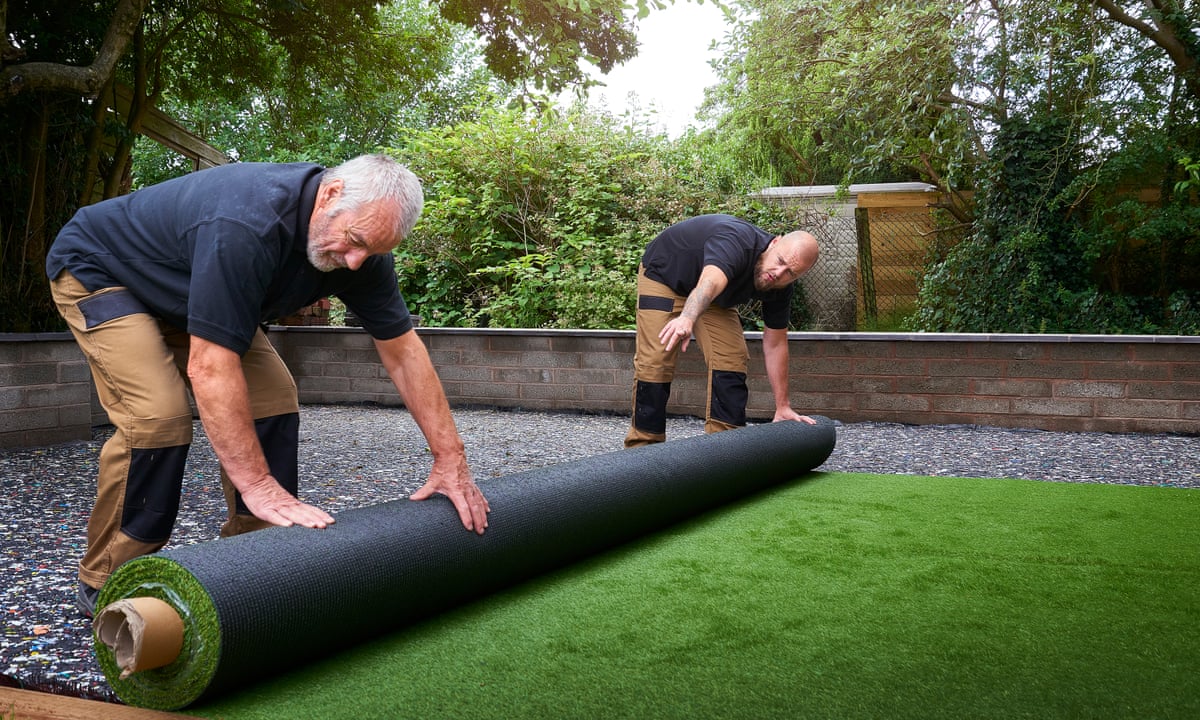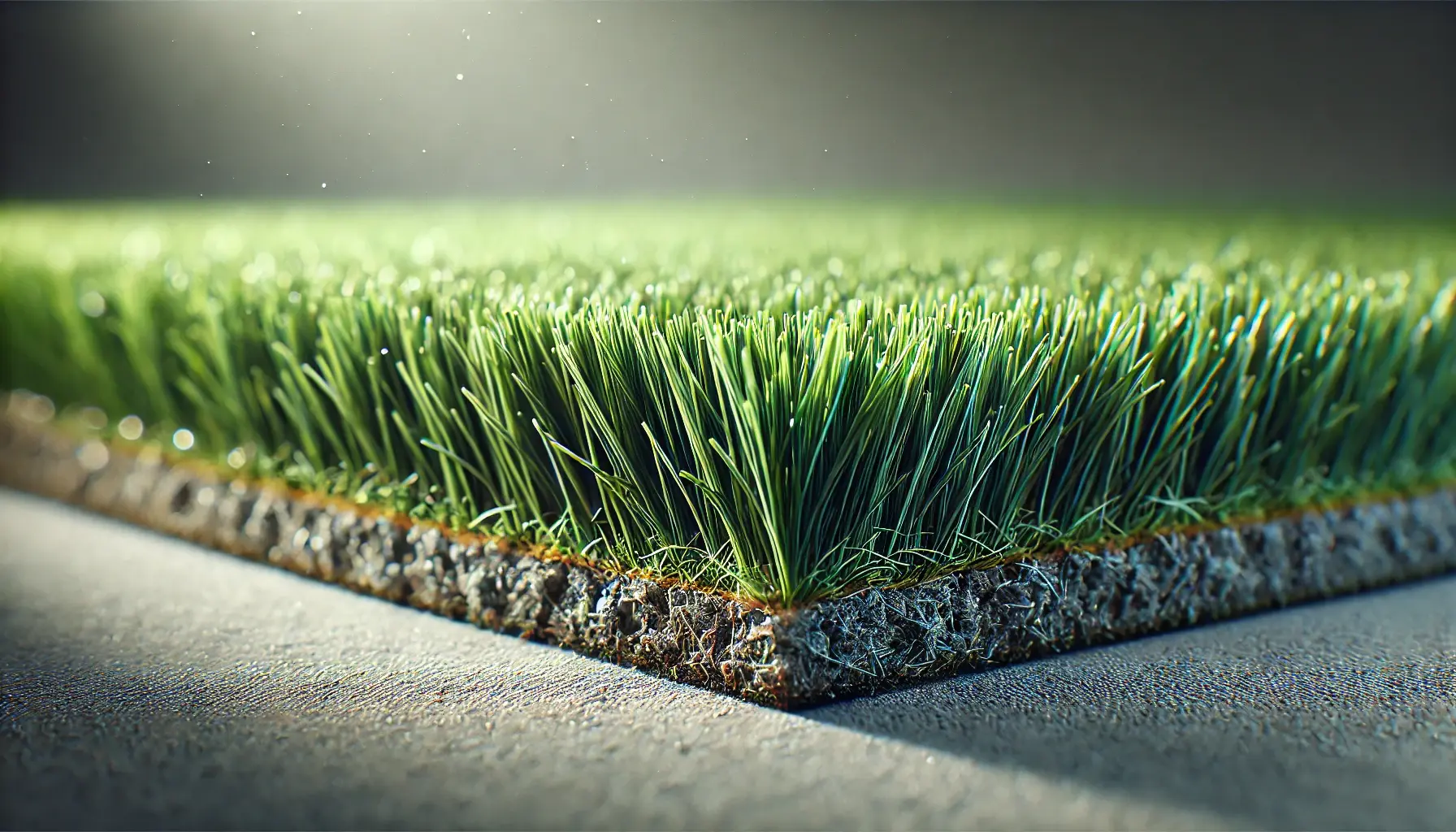Upgrade Your Outdoor Space with Arizona Artificial Turf for a Evergreen Green Look
Upgrade Your Outdoor Space with Arizona Artificial Turf for a Evergreen Green Look
Blog Article
Explore the Environmental Perks of Opting for Synthetic Grass Solutions
The fostering of fabricated lawn solutions provides a compelling possibility to attend to pushing environmental obstacles. By dramatically minimizing water usage and minimizing the application of dangerous chemicals, these options not only promote sustainable landscape design yet additionally shield neighborhood ecological communities. The reduced carbon footprint associated with lowered maintenance activities adds to a much more lasting technique to land administration. Nonetheless, the effects of these benefits expand beyond mere preservation efforts, elevating concerns concerning their long-lasting influence on habitat conservation and general eco-friendly balance. Checking out these dimensions exposes an intricate interplay worth taking into consideration.
Water Conservation Advantages
Among one of the most significant advantages of synthetic grass is its capability to preserve water. Standard yard yards call for significant watering, specifically in locations vulnerable to dry spell or water limitations. In comparison, synthetic grass does not require watering, substantially lowering the total demand for water resources. This feature is especially valuable in deserts where water scarcity is a pressing concern.
By eliminating the requirement for normal watering, synthetic lawn contributes to sustainable landscape techniques and helps reduce the ecological impact of extreme water intake. Furthermore, the preservation of water includes the reduction of overflow, which can cause dirt disintegration and waterway pollution.
Furthermore, the installment of synthetic grass enables property owners and communities to designate water sources extra successfully, concentrating on essential uses such as alcohol consumption water and agriculture. The shift towards synthetic grass not just advertises responsible water usage but also aligns with broader environmental goals targeted at maintaining all-natural sources.
As neighborhoods significantly focus on sustainability, the water conservation benefits of synthetic grass present a compelling case for its adoption in residential and business landscaping tasks.
Lowered Chemical Use
The shift to synthetic grass considerably decreases the dependence on chemical treatments typically used in all-natural turf maintenance. Typical grass administration usually involves the application of herbicides, pesticides, and plant foods to promote development and control pests. These chemicals can posture risks to human wellness, regional wildlife, and the environment, contributing to soil and water contamination.
On the other hand, synthetic grass gets rid of the need for these unsafe compounds. As soon as set up, it calls for minimal maintenance, primarily containing regular cleaning and seldom infill replenishment. This decrease in chemical use not only profits the immediate setting but likewise adds to wider eco-friendly stability. By lessening the launch of synthetic compounds right into the ecosystem, man-made turf promotes healthier dirt and water supply.
Moreover, the absence of chemical overflow connected with synthetic grass installments assists safeguard neighborhood waterways from pollution, supporting aquatic life and keeping biodiversity. Artificial turf companies phoenix. As neighborhoods progressively prioritize sustainable practices, going with synthetic grass offers a sensible remedy that straightens with ecological conservation goals. Through this shift, building proprietors can take pleasure in lush green rooms without endangering environmental health, paving the means for a much more sustainable future
Reduced Carbon Impact

Furthermore, the setup of synthetic grass can lead to significant water conservation. Natural grass need substantial amounts of water for irrigation, which not only includes in the carbon footprint related to water removal and treatment but likewise pressures local water resources. On the other hand, fabricated turf needs very little upkeep, calling for no watering, thus dramatically reducing water use and its linked power prices.
In addition, the long life of man-made lawn adds to its decreased carbon impact. With a lifespan of as much as 15 years or even more, the need for constant replacements is reduced, resulting in less waste and lower energy consumption in manufacturing and dealing with standard lawn options. Generally, fabricated lawn offers a lasting choice for ecologically mindful landscape design.
Habitat Preservation
Habitat preservation is an essential factor to consider in the dispute over landscaping options, particularly when comparing synthetic grass to all-natural yard. All-natural lawn yards often require comprehensive maintenance, including making use of herbicides, fertilizers, and chemicals, which can detrimentally impact local ecological communities. These chemicals can leach right into the dirt and waterways, hurting native flora and animals and disrupting basics neighborhood environments.
Man-made grass eliminates the need for unsafe chemicals, thereby safeguarding close-by wildlife and maintaining the integrity of surrounding environments. The setup of man-made grass can lead to the conversion of previous lawn locations into more biodiverse landscapes, such as pollinator gardens or native plant locations, which can sustain neighborhood wild animals.
Eventually, the shift to synthetic grass not just saves water and minimizes upkeep efforts however also fosters a more harmonious partnership in between human tasks and the native environment, promoting environment conservation in the process.
Long-Term Sustainability
Long-term sustainability is an important consider evaluating the benefits of man-made grass over conventional grass yards. One of the most substantial advantages of man-made turf is its sturdiness; it can last up to 15-20 years with marginal maintenance, whereas all-natural lawn requires constant reseeding and substitute. This longevity lowers the demand for consistent resources, such as water, fertilizers, and pesticides, which are essential for preserving a healthy turf lawn.
In addition, synthetic lawn adds to a decrease in carbon emissions linked with lawn treatment equipment. Standard grass commonly require gas-powered mowers, leaners, and blowers, all of which contribute to air contamination. Artificial turf companies phoenix. In comparison, fabricated grass removes the need for such devices, advertising a cleaner setting
Moreover, the production of synthetic grass increasingly uses recycled products, enhancing its sustainability profile. As makers take on environmentally friendly techniques, the ecological footprint of synthetic grass remains to decrease.

Verdict
The fostering of synthetic grass services offers substantial environmental advantages, consisting of significant water conservation, reduced reliance on unsafe chemicals, and a reduced carbon impact. Artificial lawn help in protecting natural habitats by minimizing land disruption and advertising long-lasting sustainability through the use of durable products. Jointly, these elements underscore the possibility of fabricated grass to contribute favorably to ecological health and offer a sensible option to conventional landscaping techniques in a progressively resource-conscious globe.
In comparison, synthetic lawn does not require watering, dramatically decreasing the overall need for water resources. By minimizing the launch of synthetic substances into the ecosystem, man-made turf advertises healthier dirt and water systems.
Furthermore, the installment of synthetic lawn can result in considerable water preservation. In contrast, fabricated turf needs marginal maintenance, needing no watering, thereby substantially reducing water usage and its linked energy expenses.

Report this page